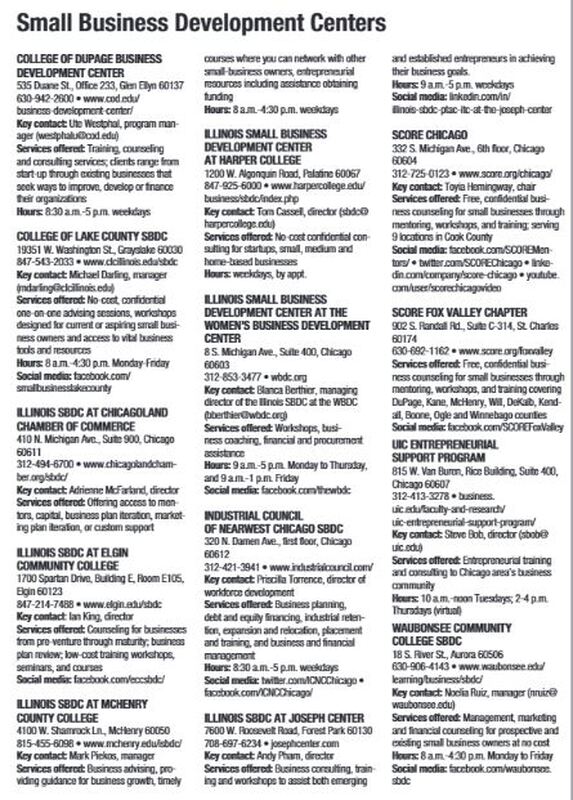Learn how Tom helped a struggling entrepreneur grow from $9,000 to over $1 million in annual revenue.
Tune in for actionable insights on making a positive impact in business and beyond.
Apple Podcasts: https://podcasts.apple.com/.../daily-influence/id1692151268
Spotify: https://open.spotify.com/show/2oHl6dCDByXkQeHiyUB75K...
YouTube: https://www.youtube.com/@DailyInfluencePodcast
iHeart: https://www.iheart.com/pod.../269-daily-influence-119778869/
#DailyInfluence #Networking #BusinessSuccess #Podcast






 RSS Feed
RSS Feed


